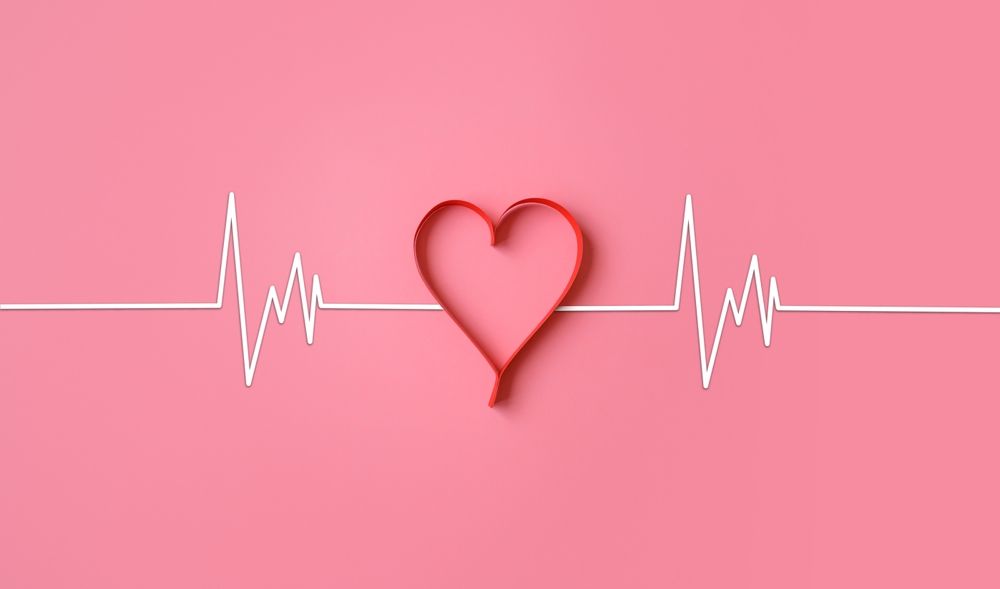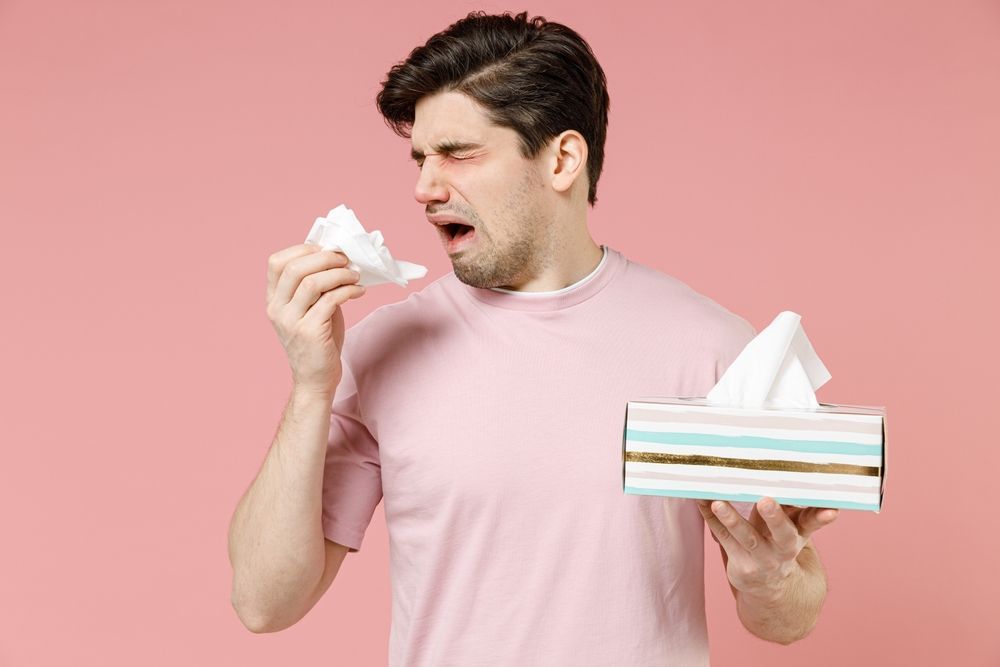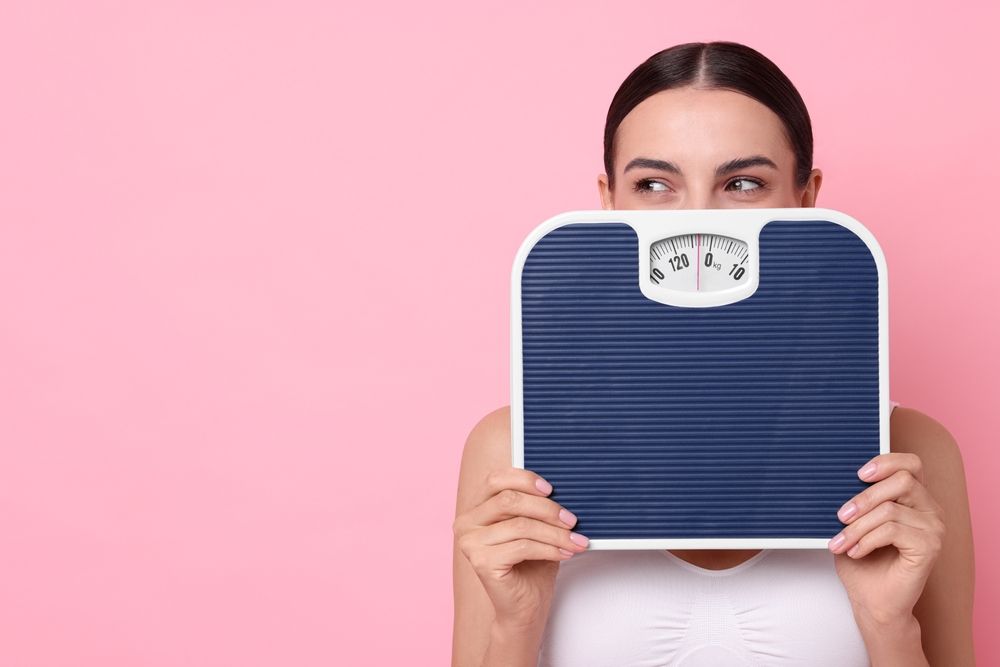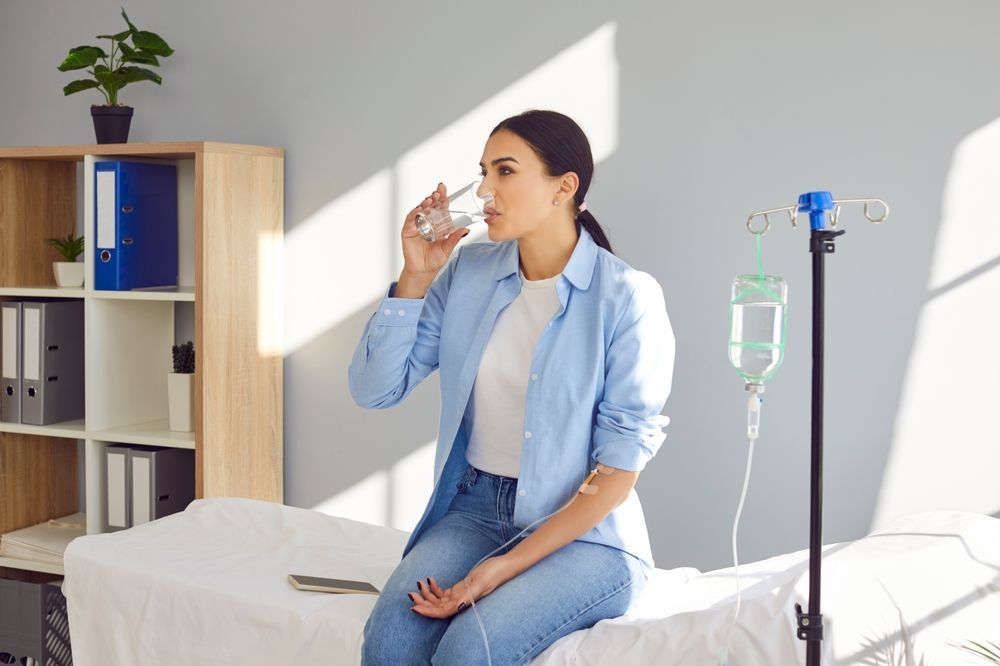How IV Therapy Enhances Skin Health and Hydration from the Inside Out
How IV Therapy Enhances Skin Health and Hydration from the Inside Out
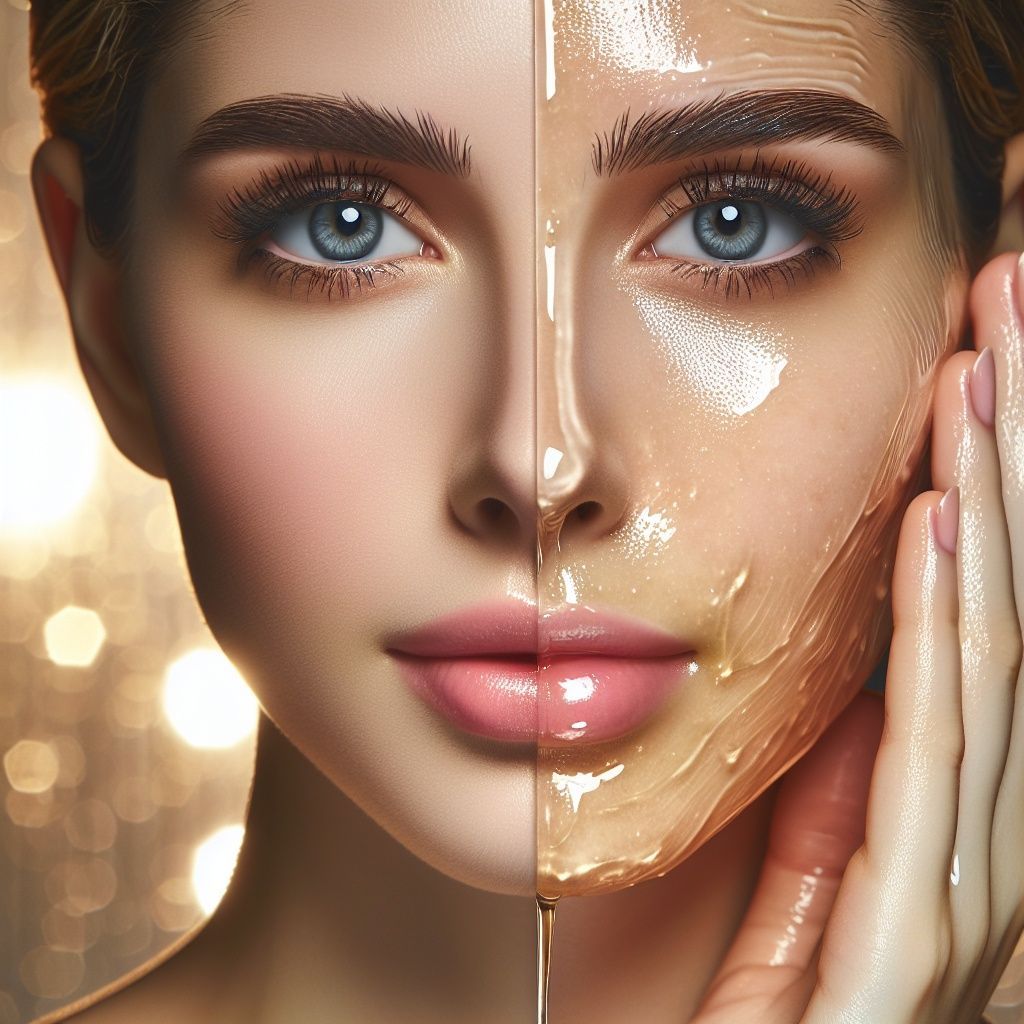
Understanding the Basics of IV Therapy
Intravenous (IV) therapy is a method of delivering fluids, nutrients, and medications directly into a person's bloodstream. This method is commonly used in hospitals, but an increasing number of wellness clinics are adopting IV therapy to promote overall health and well-being, including skin health.
In its simplest form, IV therapy involves the administration of a fluid solution through a small tube inserted into a vein. This approach allows for rapid absorption and immediate effects on the body, which makes it particularly effective in delivering hydration and essential nutrients to the skin.
The Science Behind IV Therapy
The underlying principle of IV therapy is based on direct delivery. When nutrients are injected intravenously, they bypass the digestive system. This means that 100% of the absorbed vitamins and minerals are available for the body to use right away. This immediacy can lead to more substantial and quicker results compared to oral supplements, where absorption may vary significantly.
Studies show that various vitamins and minerals play crucial roles in skin health. For example, Vitamin C is known for its expansive role in collagen production, while B vitamins help in maintaining hydration levels and skin elasticity. IV therapy offers a concentrated dose of these vitamins directly into the bloodstream, leading to enhanced skin vitality.
Key Components of IV Therapy
A typical IV therapy treatment can include a variety of components tailored to meet individual needs. Common ingredients in IV drips for skin health include:
- Hydration Solutions: These may consist of saline or electrolyte solutions that combat dehydration.
- Vitamins: Key vitamins such as A, C, and E help promote skin health and fight oxidative stress.
- Antioxidants: Substances like glutathione help to neutralize free radicals, which can contribute to aging and skin damage.
- Minerals: Zinc and selenium are essential for skin repair and regeneration.
The Connection Between Hydration and Skin Health
Hydration is fundamental to every bodily function, including skin health. The skin is the body’s largest organ, and it requires adequate hydration to maintain its elasticity, firmness, and overall appearance.
When the body is well-hydrated, skin cells can retain moisture better, leading to a more plump and youthful appearance. Conversely, dehydration can manifest in dry, flaky, and dull skin, making proper hydration crucial for anyone looking to improve their skin's health.
The Role of Water in Skin Health
Water plays a vital role in maintaining skin hydration. It helps to flush out toxins, carries nutrients to skin cells, and ensures that the skin maintains its natural barrier functions. Proper hydration not only keeps the skin appearing youthful but also aids in repairing damage from environmental factors such as sunlight and pollution.
Additionally, hydration helps the skin to heal more quickly from irritations and blemishes. It is a natural moisturizer that can help reduce the appearance of fine lines and wrinkles, thereby giving the skin a smoother, more radiant look.
How Dehydration Affects Your Skin
Dehydration negatively impacts the skin in several noticeable ways. When the body lacks sufficient water, the skin can become dry, resulting in a rough texture. Dehydrated skin is prone to flakiness, irritation, and premature aging.
Moreover, a lack of hydration hinders the body’s natural ability to repair skin cells. This makes it more difficult for the skin to recover from blemishes or damage, leading to a dull and uneven complexion.
IV Therapy for Skin Health and Hydration
IV therapy is becoming an increasingly popular option for individuals seeking improvement in skin hydration and overall complexion. By delivering nutrients directly into the bloodstream, IV therapy bypasses potential absorption issues that can occur through oral intake.
This approach allows for maximized hydration, especially during periods when hydration levels are critical, such as after intense physical activity or during hot weather.
How IV Therapy Works for Skin Hydration
The process of IV therapy involves administering a bespoke drip that typically combines hydrating fluids with a blend of vitamins and minerals. This infusion allows for quick absorption and immediate hydration to the skin.
A session can last anywhere from 30 to 90 minutes, depending on the chosen treatment. Many patients report feeling revitalized almost immediately after their session, with noticeable improvements in their skin's radiance and texture within days.
Benefits of IV Therapy for Skin Health
The benefits of IV therapy for skin health are compelling:
- Enhanced Hydration: Rapid and effective hydration can improve skin texture and appearance.
- Increased Nutrient Absorption: Direct delivery of vitamins and minerals boosts skin health and vitality.
- Detoxification: IV therapy aids in flushing out toxins from the body, promoting clearer skin.
- Convenience: Quick sessions fit easily into busy lifestyles without the need for daily pill regimens.
Safety and Effectiveness of IV Therapy
IV therapy is generally considered safe when conducted by licensed healthcare professionals. Nevertheless, as with any medical procedure, it is vital to understand what to expect and any potential risks involved.
What to Expect During IV Therapy
During an IV therapy session, a healthcare provider will assess your individual needs and determine the appropriate blend of fluids, vitamins, and minerals. After inserting the IV catheter, you can sit back and relax while the solution is administered.
Most individuals report minimal discomfort and find the process relatively straightforward. Sessions typically last from 30 minutes to an hour, and after the treatment, many feel an immediate boost in energy and hydration.
Potential Side Effects and Risks
Potential side effects of IV therapy are generally mild and could include:
- Soreness or bruising at the IV insertion site.
- Temporary dizziness or lightheadedness.
- In rare cases, allergic reactions to certain vitamins.
It is crucial to discuss any health concerns with a professional prior to undergoing therapy to ensure a safe experience.
Who Should Consider IV Therapy for Skin Health
IV therapy may be beneficial for a variety of individuals, from fitness enthusiasts to those looking to enhance their skin's appearance. However, it is not necessarily for everyone.
Ideal Candidates for IV Therapy
Individuals who may benefit from IV therapy include:
- Athletes looking to recover quickly from dehydration.
- People with chronic conditions that impair nutrient absorption.
- Busy professionals seeking a convenient way to boost energy and hydration.
- Those preparing for events where clear skin and hydration are desired.
When to Consult a Professional
It is essential to consult with a qualified healthcare provider to determine if IV therapy is appropriate for your skin concerns. A professional can provide tailored recommendations based on your health history and skin type, ensuring that you receive optimal care.
In conclusion, IV therapy presents a promising approach to enhance skin health and hydration from within. With its direct delivery method, it allows the body to utilize vital nutrients efficiently, helping people achieve healthy, glowing skin.







